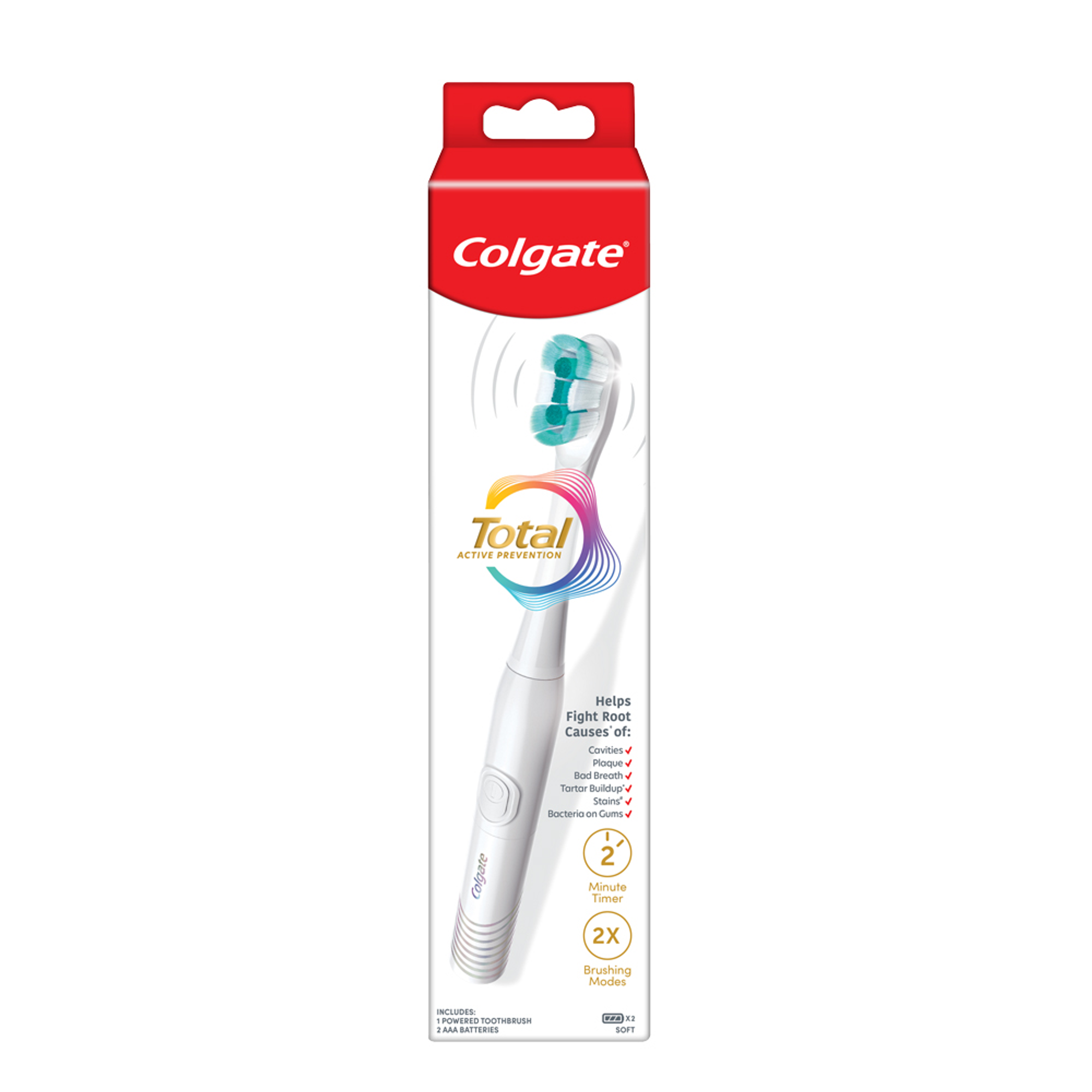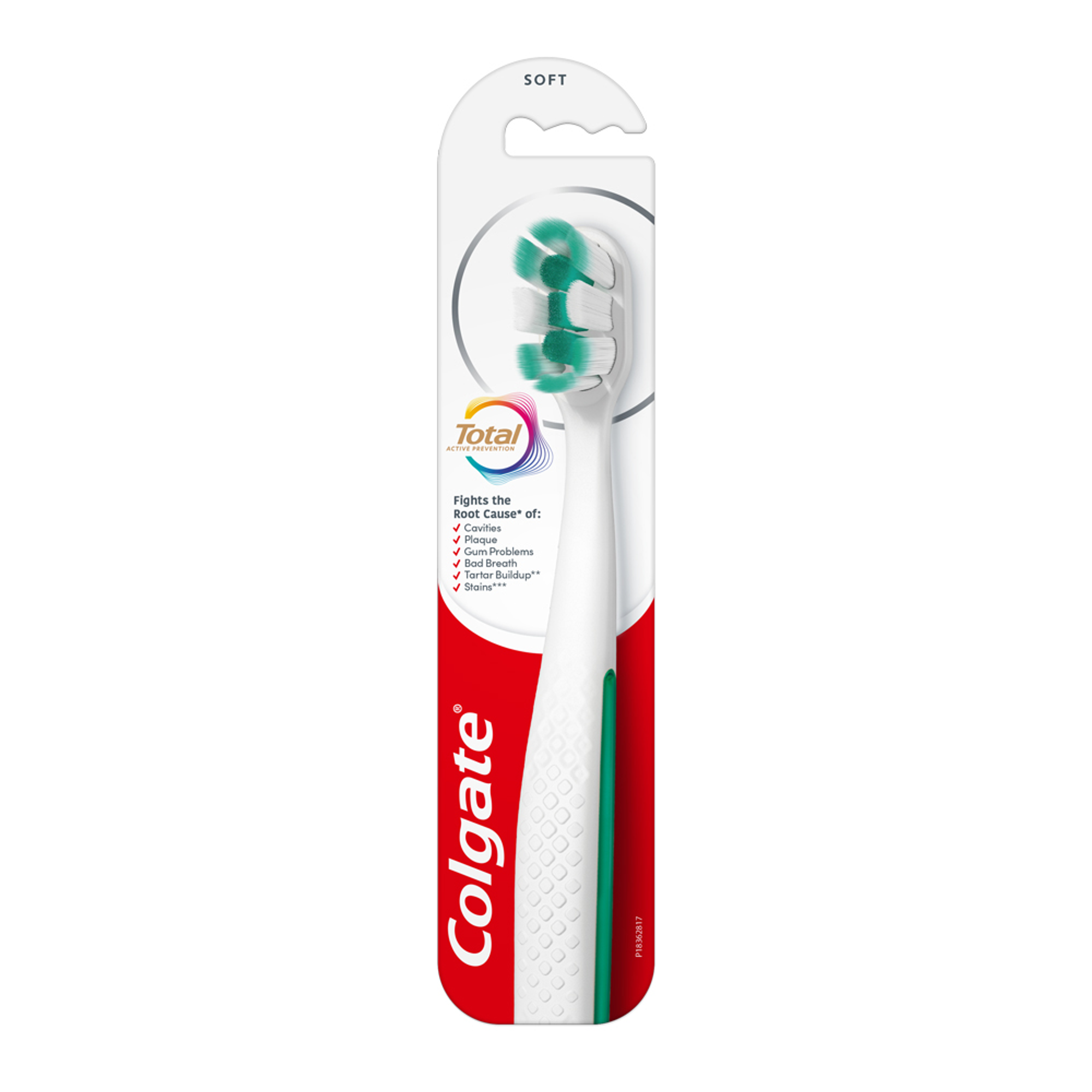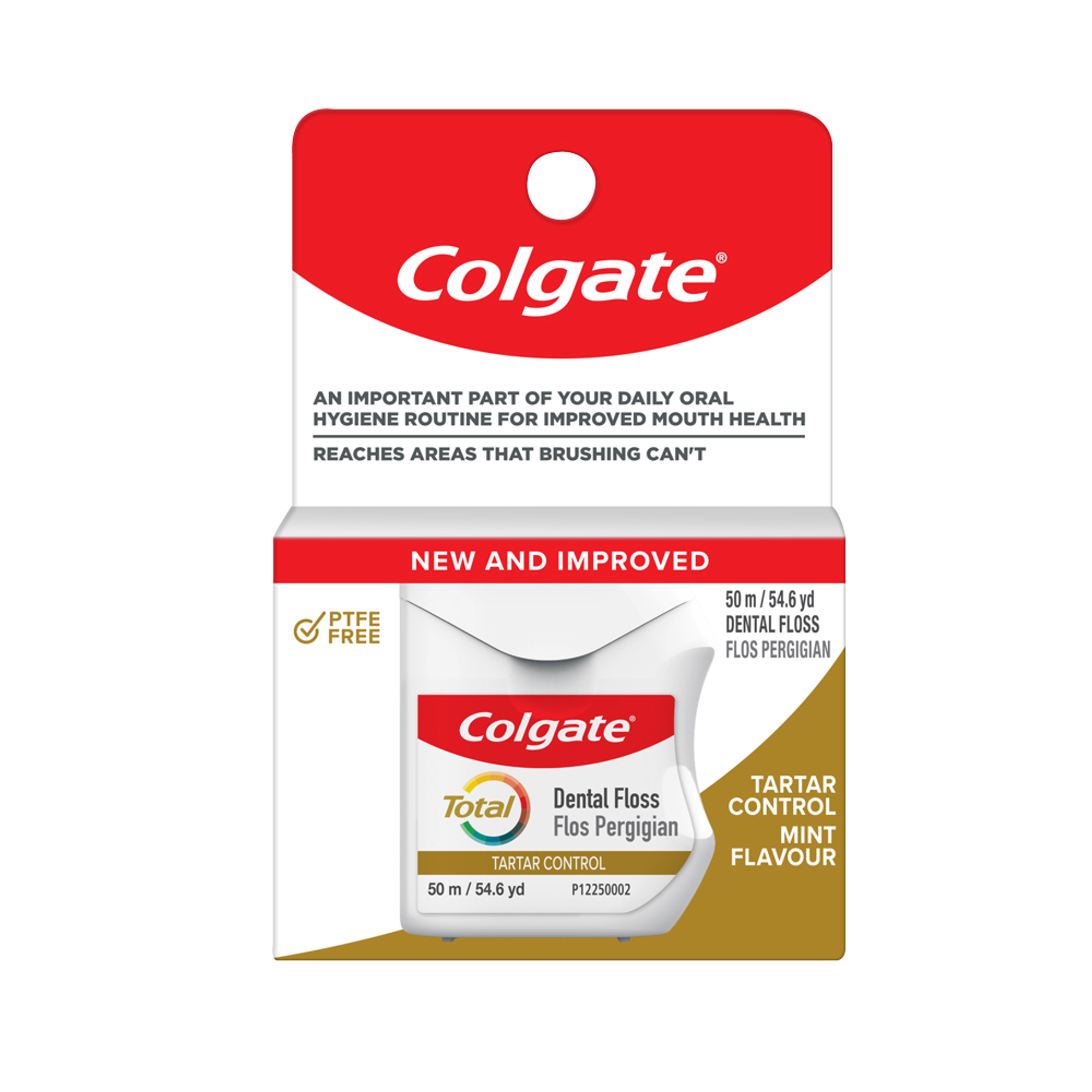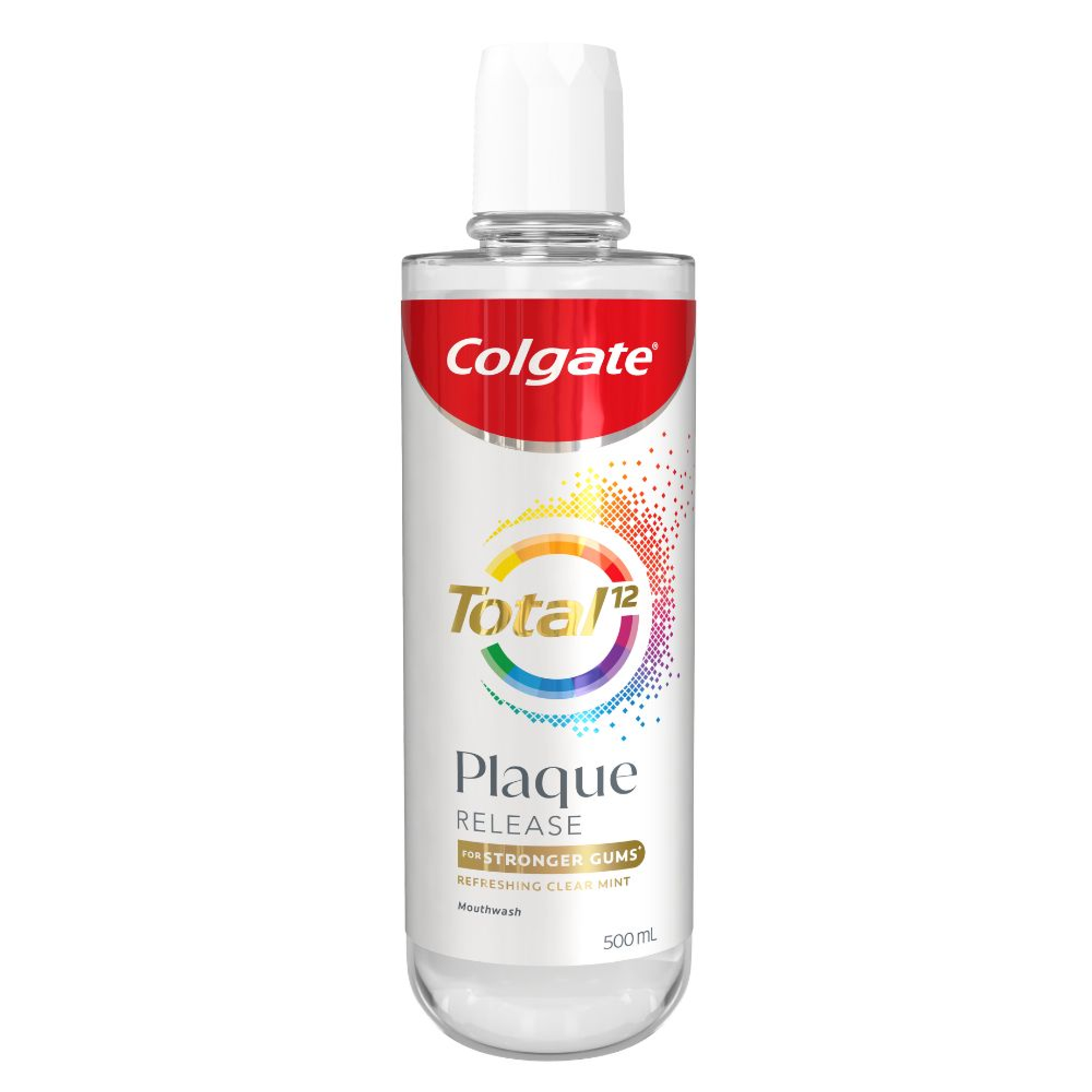-
-

FLUORIDE
Discover how stannous fluoride toothpaste prevents cavities and other oral health issues. Learn the key benefits of fluoride for teeth and its best uses.Fluoride plays a vital role in oral healthcare...

TEETH WHITENING
Teeth Whitening Serum for a Brighter, Confident SmileWho does not want whiter and brighter teeth? Thanks to the many teeth-whitening products available today...
-
Science & Innovation
- ORAL HEALTH ASSESSMENT
- Colgate® | Toothpaste, Toothbrushes & Oral Care Resources
- Oral Health
- Gum Irritation: Four Self-Induced Causes


1. Overly-Aggressive Brushing
Using excess pressure when brushing may feel like it keeps teeth and gums cleaner, but the opposite is true – aggressive brushing irritates your gums, which can cause more severe infections. As long as you're thorough, gentle pressure is sufficient for food and plaque removal. Use short, precise strokes to clean each tooth's entire surface. And chose soft-bristled toothbrushes, as they're best at effectively cleaning teeth without aggravating delicate gum tissue.
2. Improper Flossing Technique
Overzealous flossing is also a no-no. Avoid using high pressure or vigorous back-and-forth movements to dislodge food and plaque, as this can lead to further gum irritation or even bleeding gums (as well as being uncomfortable).
Prevent irritating gums while flossing with a gentle approach.
- Slowly move the floss back and forth, up and down, and gently against the sides of your teeth.
- With this level of pressure, flossing around the base of your teeth ensures that you reach food beneath your gum line – too much force can make this easy to overlook.
- Avoid pushing the floss into this area abruptly or snapping it into place, as doing so can cut or bruise your gums.
Not a fan of traditional flossing or just can’t get into the habit? Try using a water flosser, an interdental cleaning device that emits a steady stream of water to gently clean hard-to-reach places between your teeth.
3. Home Whitening Treatments
Peroxide-based agents will whiten teeth but can cause irritation if they come into contact with gum tissue. Because OTC whitening strips or trays aren't designed to fit the contours of your mouth, they may allow peroxide to touch your gums.
A dental professional can help you whiten teeth at home without irritating your gum line by creating a custom-fitted whitening tray. This tray will ensure that the bleaching products only come into contact with your teeth and not the delicate tissue beneath them.
4. Dietary Choices
The foods you eat can also contribute to gum irritation. Hard candies or crunchy items like potato chips can scrape against gums and cause irritation as you chew. Can't give up the crunch? Reach for healthy alternatives like celery or carrots. Crunchy natural foods act like teeth cleaners by stimulating saliva flow while scrubbing away bacteria and food particles.
Treating Your Irritated Gums
If your gum irritation feels or looks serious, make an appointment with a dental professional, as it could be symptomatic of a different oral health condition. But if one of these four self-induced causes is the culprit, home remedies can ease gum irritation. Over-the-counter pain killers, topical gels, hot or cold compresses, and warm salt water rinses are some of the common methods.
Irritated gums are no fun, but making small changes to daily habits can make a difference. The sooner you get to the root of the cause, the sooner you’ll be able to treat your irritated gums and get back to a pain-free, confident smile.
Related Articles


Learn effective ways to remove tartar buildup, prevent plaque, and maintain a bright, healthy smile. Discover expert tips for easy tartar removal at home.

Noticing that your cheeks are swollen can be distressing. There are many possible causes of cheek swelling, and a doctor or dentist can diagnose the issue.
Related Products

Helping dental professionals
More professionals across the world trust Colgate. Find resources, products, and information to give your patients a healthier future








